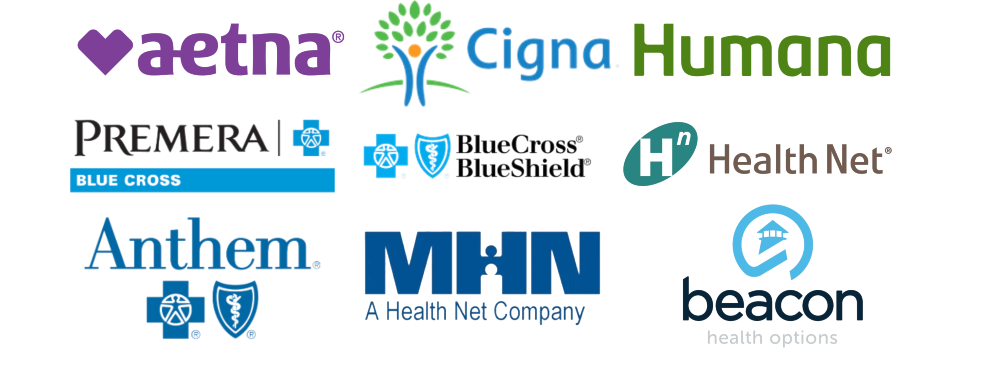The vast majority of adults will consume alcohol at some point in their lifetime, and many will drink on a regular basis. The 2019 National Survey on Drug Use and Health uncovered the following self-reported numbers for adults aged 18 or older:
- 85.6% said that they have consumed alcohol at least once in their lifetime
- 69.5% stated that they had consumed alcohol in the last year
- 54.9% of men and 51% of women said that they had consumed alcohol in the last month
These figures are self-reported, and we might assume that the true numbers are a bit higher. Regardless, the point is that most adults are drinking alcohol at least some of the time.
This may not be overly worrying if not for the fact that many are unaware of some of the additional risks of drinking alcohol while also using certain types of prescription and over-the-counter drugs. New risks are emerging all the time, and people need to be made aware of the dangers that they are putting themselves in.
Alcohol and Accutane: A Dangerous Combination
Accutane is a commonly used drug meant to help control widespread acne on the body. The appearance of acne on the skin is generally a natural part of life, but society puts a lot of pressure on people to hide or eliminate their acne. Thus, drugs like Accutane exist to try to help in that cause.
What so many people don’t realize is that they may experience side effects if they are taking Accutane and also consuming alcohol. In fact, they don’t need to be doing both things at the same time in order to experience these negative effects. They just need to have taken Accutane at some point in recent years and also have consumed alcohol at some point in that time as well. A few of the side effects and important reminders are as follows:
You may have unpleasant side effects such as fast heartbeats, warmth or redness under your skin, tingly feeling, nausea, and vomiting. Check your food and medicine labels to be sure these products do not contain alcohol. It is important to tell your doctor about all other medications you use, including vitamins and herbs. Do not stop using any medications without first talking to your doctor.
It is terrifying for someone to consume alcohol as they normally would and then experience any of the symptoms listed above. They may not even know why they are going through the turmoil that they are experiencing. That is why it is so urgent to get the word out about this dangerous combination.
Long-Term Liver Damage
We have already covered some of the side effects that Accutane and alcohol together can produce, but some people may still not grasp why it is so scary. They look at those effects and think that they may experience those side effects as the result of any number of medications that they are currently taking. However, they aren’t taking into account the very real danger of long-term liver damage.
One of the known side effects of Accutane alone is potential damage to one’s liver. Although the likelihood of damage to one’s liver from taking Accutane alone is low (particularly if taken as prescribed), those risks can be multiplied when adding alcohol on top of Accutane. Liver toxicity may result from the damage that one does when combining Accutane and alcohol together, and it can be deadly in some cases.
How to Know if You Need to Reduce Your Alcohol Intake
People often wonder if they might need to consider reducing their alcohol intake. On the one hand, most do not think of themselves as having an alcohol problem at all. They look around at the people that they know, and they see plenty of others who are consuming alcohol just like they are. However, this does not necessarily mean that they do not have a problem with alcohol.
A few tell-tell signs of possible alcohol use disorder include:
- Significant periods of drinking and recovering from drinking
- Continuing to drink even if it is causing strains in personal and professional relationships
- A failure to fulfill basic obligations because of drinking or recovering from drinking
- Developing a tolerance for alcohol
- Feeling withdrawal symptoms such as nausea, vomiting, and irritability
- Feeling strong urges or cravings for alcohol
- Having your mind preoccupied with thoughts of when you will have your next drink
These are all signs that you may have a problem with alcohol and need some help. Others around you may be going through some of the same things, but that does not mean that this type of behavior is normal. Understand that you may be surrounded by others in need of help as well.
Detox and Help are Available
Your situation may feel dire and spinning out of control, but we want you to know that help is available to you if you should decide to take it. Here at Shahida’s Place, we provide a safe place to turn to for professional and non-judgmental treatment options. We seek to help all of our clients find the helping hand that they need in their moments of despair.
The first step towards recovery is to completely cease the consumption of alcohol moving forward. However, this should always be done under the supervision of trained professionals such as those who work at Shahida’s Place.
Detoxing from alcohol is likely to cause physical symptoms of discomfort, and there are extreme cases in which people have perished when attempting to withdraw from it (if they are on the extreme end of addiction). As such, we provide a safe place for people to detox from the substances that they have been putting into their bodies.
The detox process along with individualized counseling and talk therapy are a great way to reorient one’s life and start to see things in a different light. This is why we offer all of this to our clients. We understand that healing is a multi-pronged process, and we know that it will take some time and a huge amount of effort. That said, we believe that every life is worth saving, and we are going to do our part to try to make that happen.







